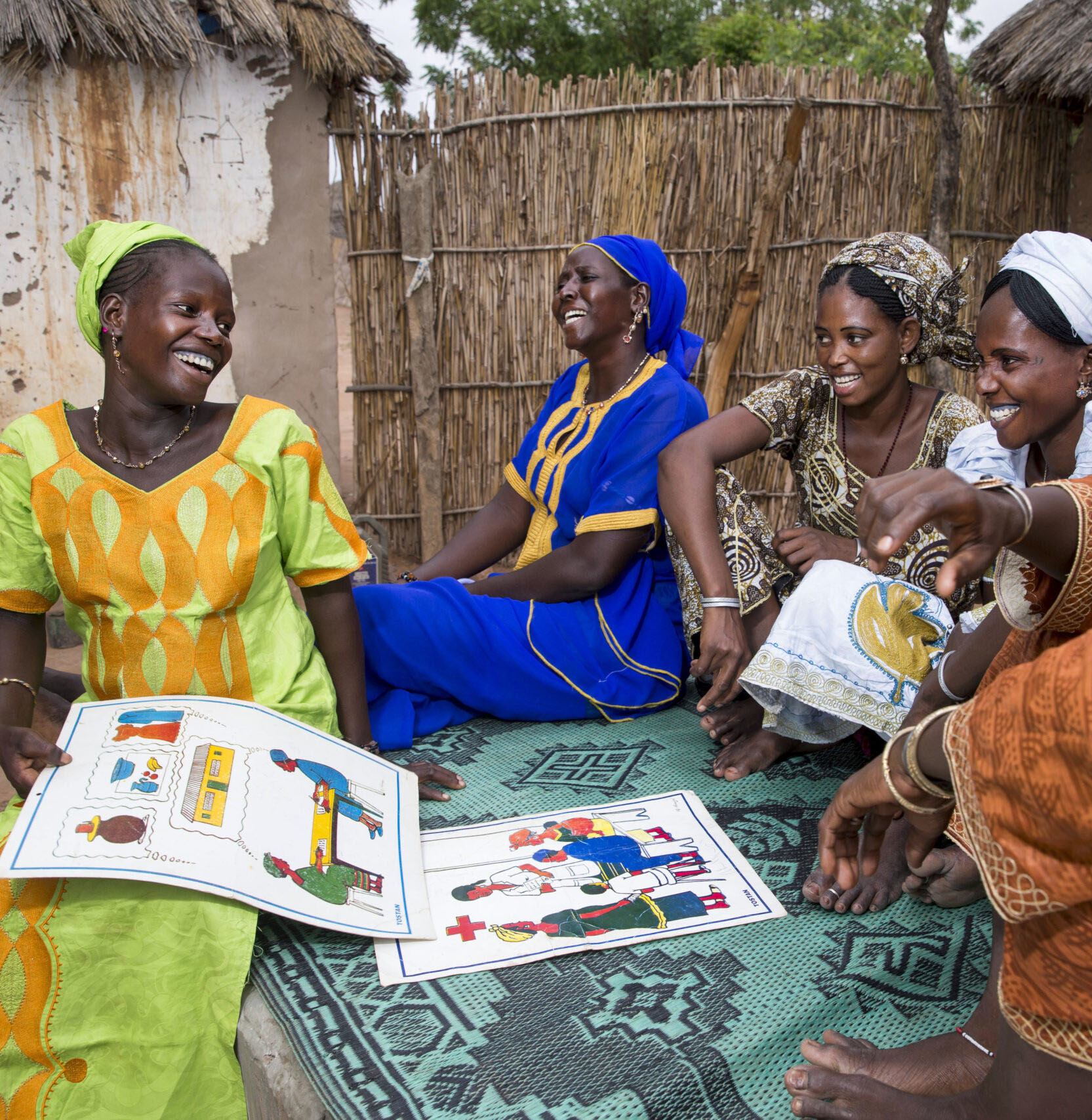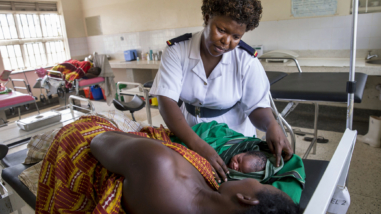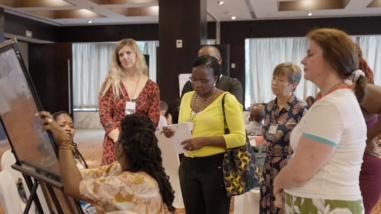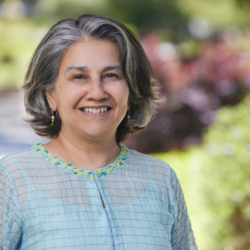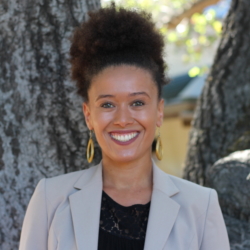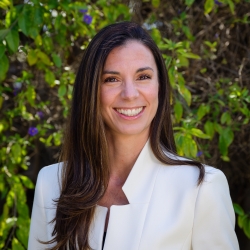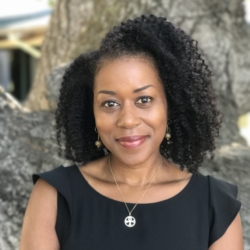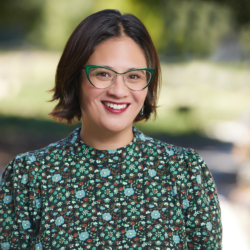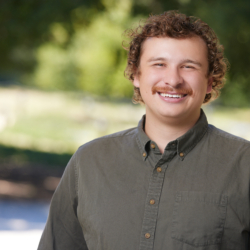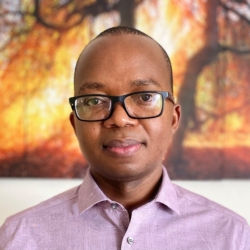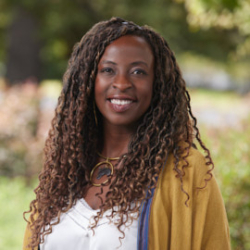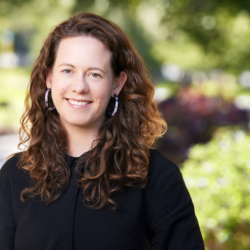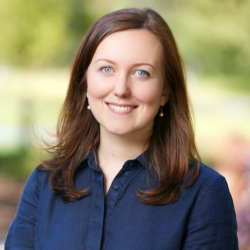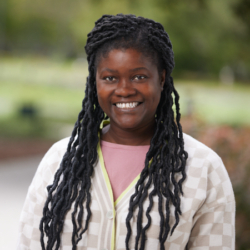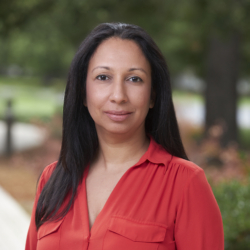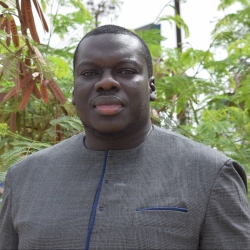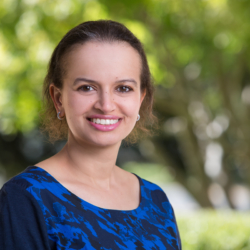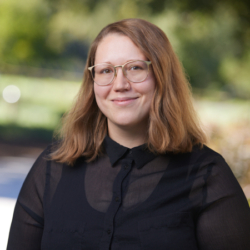Programs /
Gender Equity and Governance
Program Overview
We promote gender equity and responsive governance in East and West Africa, Mexico, and the U.S. to foster inclusive societies where everyone can thrive. In 2024, the program awarded $148.5M through 278 grants.
-
Expand access to reproductive freedom and health care so that women and girls can further their life aspirations.
-
Promote macro-level policies that support women’s economic opportunity and well-being.
-
Strengthen the efforts of women and youth to exercise power and ensure governments are more responsive to people’s needs.
-
Encourage the use of evidence to improve people’s well-being and trust in the policymaking process.
Priorities
